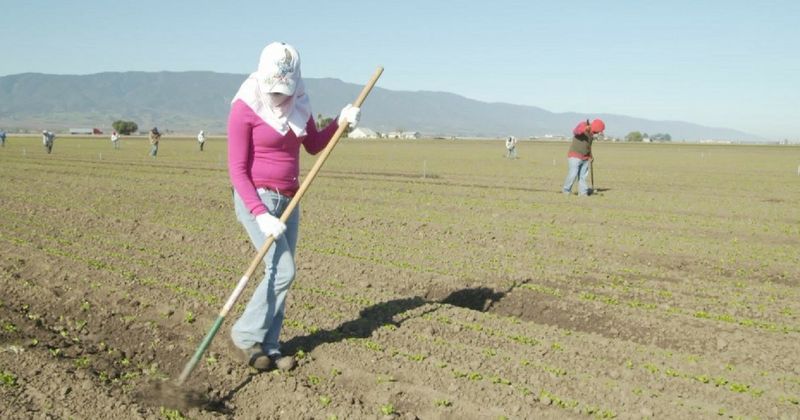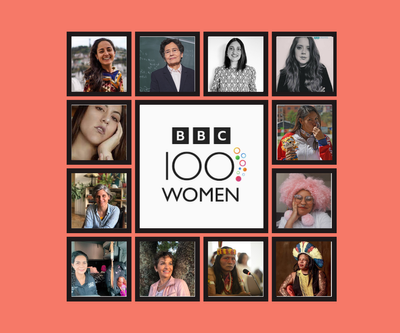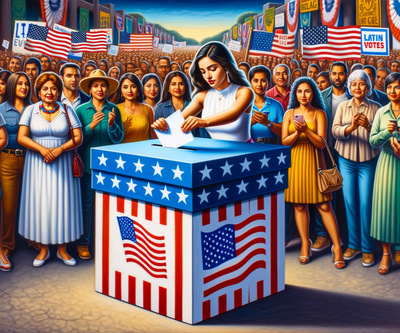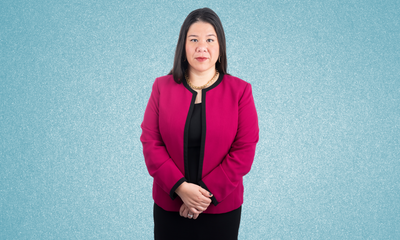Earlier this year, the Why We Wear Black movement stirred up awareness and conversation around sexual harassment in Hollywood by bringing it into an elite platform. The ladies, and some gentlemen, of the Golden Globes, took part in the TIME’s Up organized efforts by dressing in all black to protest sexual harassment in the workplace. While they brought awareness to the sufferings many women have to endure in the workplace, a community of hundreds and thousands of women victims of sexual harassment on farms- weren’t shocked. To them, this was just another sad truth they’ve already had to survive a few times over. And while Hollywood was making noise for the actors who were victims, the women who endured years of gruesome and dangerous work conditions were still going unnoticed. Who wears black for them?
According to Alianza Nacional De Campesinas, an organization made up of farm worker women and women from farm worker families, 700,000 women are currently working in the agricultural industry either on fields or packing sheds. The women, disproportionately WOC and undocumented, find themselves working under extreme conditions such as having no breaks, no shelter from the sun, low wages, limited access to foods and water, and exposure to pesticides. In addition to inhumane work environments, almost all of the women in the industry have reported incidents of sexual harassment. According to a Human Rights Watch Report, nearly all of the farm workers interviewed said they experienced a form of sexual harassment or knew someone who had; but because women in this environment are extremely vulnerable (undocumented and economically disadvantaged), they feel voiceless and helpless when confronted with this type of despicable behavior at work. Often times, they endure years of sexual harassment because they fear being deported or losing their jobs. For years, their exploitation has remained in the dark.
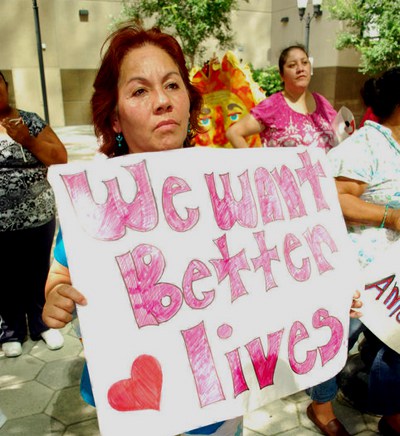
Photo Credit: Alianza Nacional de Campesinas
While the heartbreaking and discouraging reality of sexual harassment against women in the workplace has seen the light of the media, there are many women, usually of color, who do not have the support necessary to fight back. For many WOC working in the agricultural industry, a Time’s magazine spread, a black wardrobe at the Golden Globes, and a public outcry is not only rare, but also nearly impossible because these women are not given the safe space, or platforms necessary to denounce the conditions they have to face. So, when we see Hollywood starlets come together and speak their truth, while we must applaud their strength, we must also remember our sisters who remain voiceless. The reality of it is, we are not all white, upper class, Hollywood stars and while we embrace the TIME’s Up movement, parts of us recognize that it still disconnected from our communities.
After numerous sexual assault allegations against Hollywood producer, Harvey Weinstein, Time magazine featured a letter submitted by the Alianza Nacional De Campesinas expressing solidarity with the women in Hollywood. In it, the organization conveyed it shared the same hurt, confusion, and anger because of the betrayal and abuse, but it also expressed support, empathy, and appreciation for the movement rising from the despair and pain. In the letter, the organization also introduces themselves as sisters in solidarity who “work in the shadows of society in isolated fields and packinghouses that are out of sight and out of mind for most people in this country.” It goes on to say “Complaining about anything — even sexual harassment — seems unthinkable because too much is at risk, including the ability to feed our families and preserve our reputations.”
Too much is at risk when we feel we are standing in the middle of a battlefield, alone. However, with sisters who understand the difficulties of being a woman in a world man believes belongs to him, we can help each other fight back together because the danger of any one woman, is a danger to all women and in the fight, we must represent each and every one of us. So as #metoo and #TIME’sUp was created by and for the women who have spoken out against sexual harassment, we have to remember the women who can’t afford to speak out until we speak for them too.

